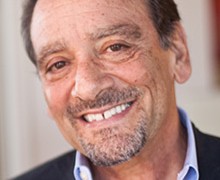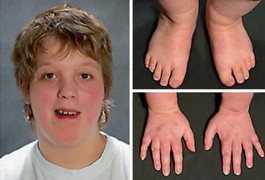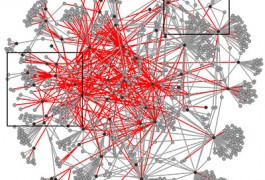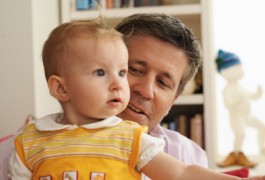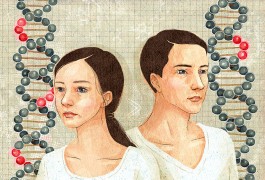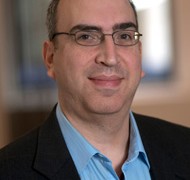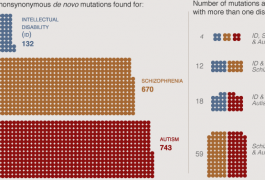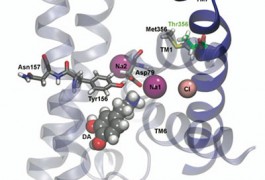Paternal age’s link to autism remains murky
In the past few years, several studies have implicated fathers’ age more strongly than mothers’ in increasing autism risk. Although older fathers have more spontaneous mutations in their sperm than younger fathers do, no one has shown that these accumulating mutations contribute to autism risk in their children, argues Daniel Weinberger.
